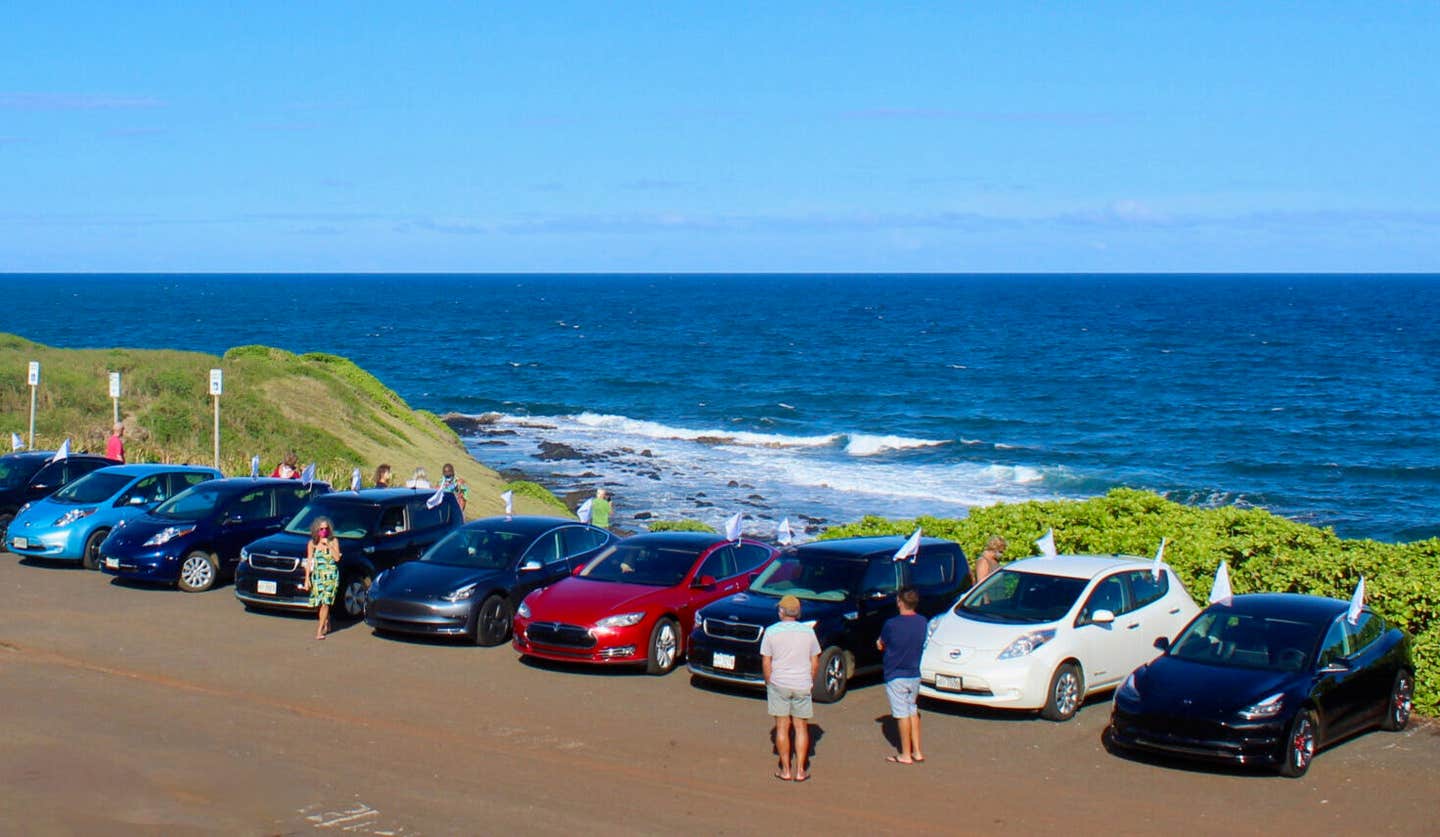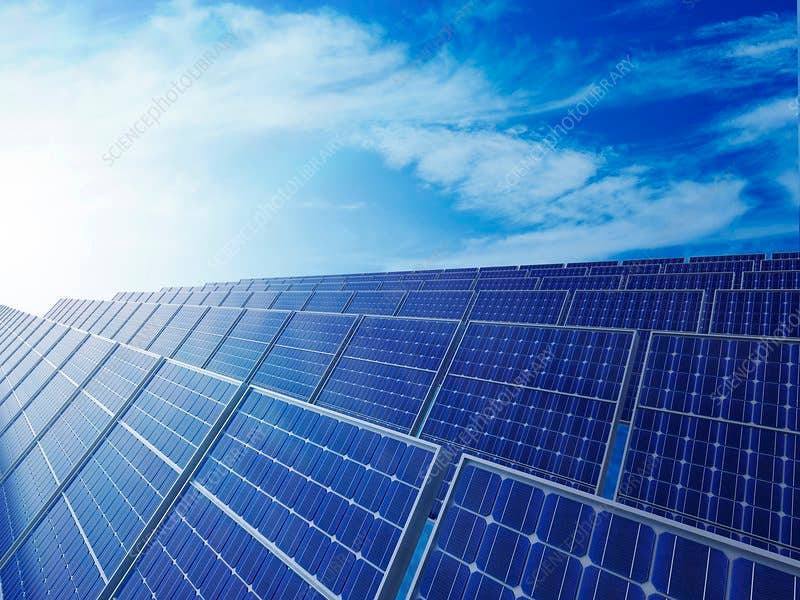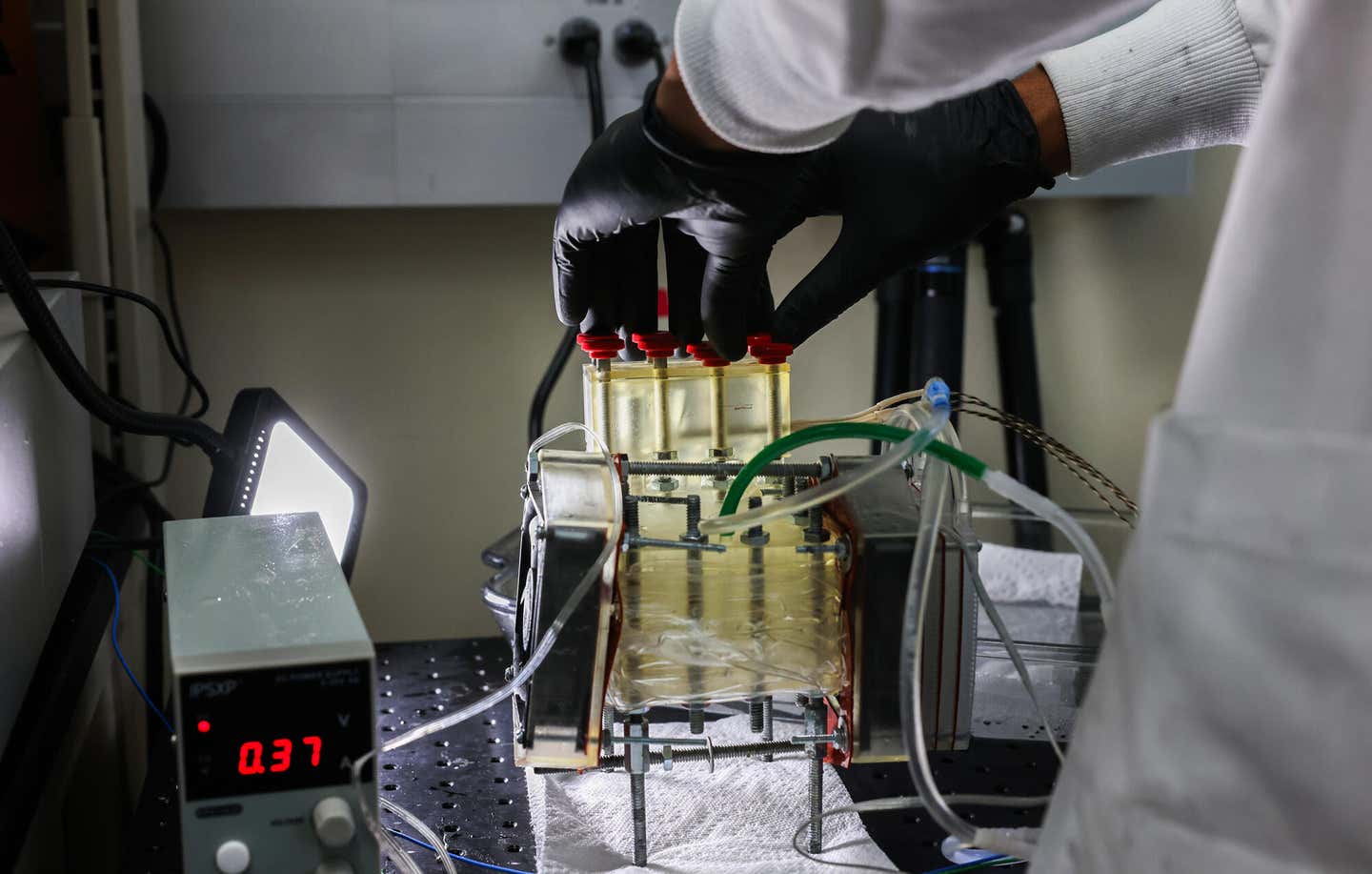More EVs in Hawaii could reduce CO2 emissions by 93% in less than 30 years
By 2050, faster adoption of electric vehicles (EVs) and faster generation of renewable energy will result in 99% less fossil fuel consumed

[July 7, 2021: University of Hawaii]
By 2050, faster adoption of electric vehicles (EVs) and faster generation of renewable energy will result in 99% less fossil fuel consumed and 93% less CO2 emissions from passenger and freight vehicles on Oahu. That's under the most ambitious scenario in an article published in World Electric Vehicle Journal, by University of Hawai?i at Mānoa School of Ocean and Earth Science and Technology (SOEST) faculty member Katherine McKenzie.
McKenzie, based at the Hawai?i Natural Energy Institute in SOEST, created mathematical models of four scenarios based on projections for the switch to electric passenger and freight vehicles, and renewable power generation. She quantified the impacts of fossil fuel use and CO2 emissions on O?ahu and found that scenarios with a slower transition to EVs result in billions more gallons of gasoline consumed, and tens of millions more tons of CO2 emitted.
Associate Professor Melissa Davis, joint senior author from WEHI, said the chemotherapy drug had a 'dramatic survival benefit', with very little sign of any remaining tumour following treatment.
"This is the second drug that we have identified using the genetic map that's highly effective in treating this type of childhood brain cancer," Associate Professor Davis said.
As with many other remote communities still dependent on oil for both transportation and power, there remains a lack of critical analysis to determine the benefits of transitioning from internal combustion engine vehicles to plug-in electric vehicles (EVs). In 2020, average passenger EVs were found to consume the equivalent of 66 gallons of gasoline, seven times less fossil fuel than their gasoline-powered counterparts, which used 455 gallons. Average EVs also cut emissions in half, two metric tons of CO2 versus four metric tons of CO2.
"Continuing to purchase anything powered by petroleum locks in emissions and energy insecurity for years to come, at a time when decarbonization is a climate imperative," said McKenzie. "A shift is needed to energy efficient modes of travel--such as bicycling, walking and transit, along with reducing vehicle miles traveled (by "smart" city planning and remote work for example)."
Like these kind of feel good stories? Get the Brighter Side of News' newsletter.
Tags: #Green_News, #Cars, #Electric_Cars, #CO2, #The_Brighter_Side_of_News
Joseph Shavit
Head Science News Writer | Communicating Innovation & Discovery
Based in Los Angeles, Joseph Shavit is an accomplished science journalist, head science news writer and co-founder at The Brighter Side of News, where he translates cutting-edge discoveries into compelling stories for a broad audience. With a strong background spanning science, business, product management, media leadership, and entrepreneurship, Joseph brings a unique perspective to science communication. His expertise allows him to uncover the intersection of technological advancements and market potential, shedding light on how groundbreaking research evolves into transformative products and industries.



